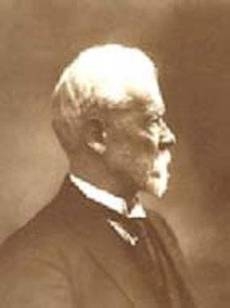Frederick Winslow Taylor and Henri Fayol are both considered pioneers in the field of management and have contributed significantly to the development of modern management theories. However, their approaches to management are quite different and have had a lasting impact on the way organizations are managed.
Taylor is known for his theory of scientific management, which emphasizes the importance of optimizing work processes in order to increase efficiency and productivity. He believed that by breaking down each task into its component parts and carefully analyzing each step, managers could identify the most efficient way of performing the task. This approach is known as "time and motion study."
Fayol, on the other hand, focused on the overall management of an organization and developed a set of principles that he believed were necessary for effective management. His approach, known as "administrative management," emphasizes the importance of planning, organizing, commanding, coordinating, and controlling in order to achieve the goals of the organization.
One key difference between Taylor and Fayol is their focus. Taylor focused on the individual worker and how to optimize their performance, while Fayol focused on the organization as a whole and how to coordinate the activities of all its employees.
Another difference is that Taylor emphasized the importance of specialization and division of labor, believing that workers should be trained to do one specific task as efficiently as possible. Fayol, on the other hand, believed in the importance of generalists, who have a broad range of skills and can take on a variety of tasks.
In summary, the main difference between Taylor and Fayol is their focus and approach to management. Taylor's scientific management theory emphasizes the optimization of individual tasks to increase efficiency, while Fayol's administrative management theory focuses on the overall management of an organization and the coordination of its activities. Both theories have had a lasting impact on the field of management and continue to be influential today.









